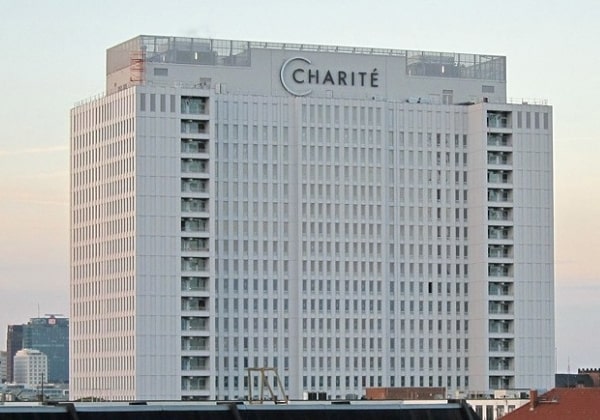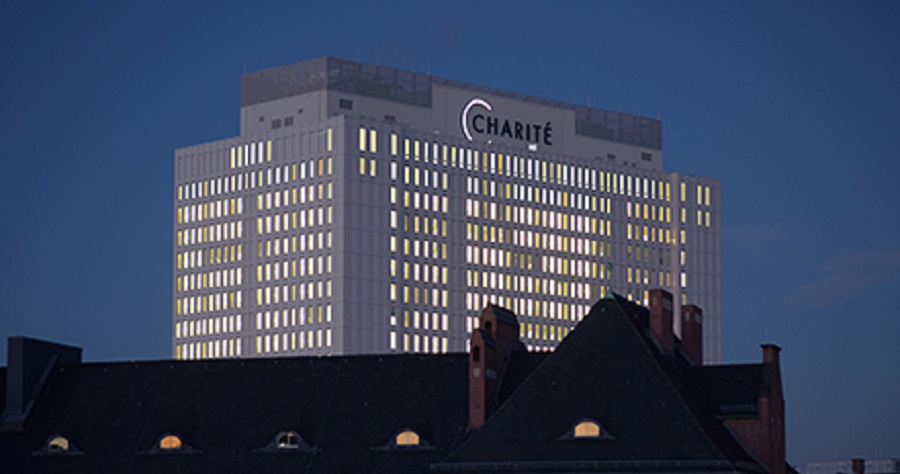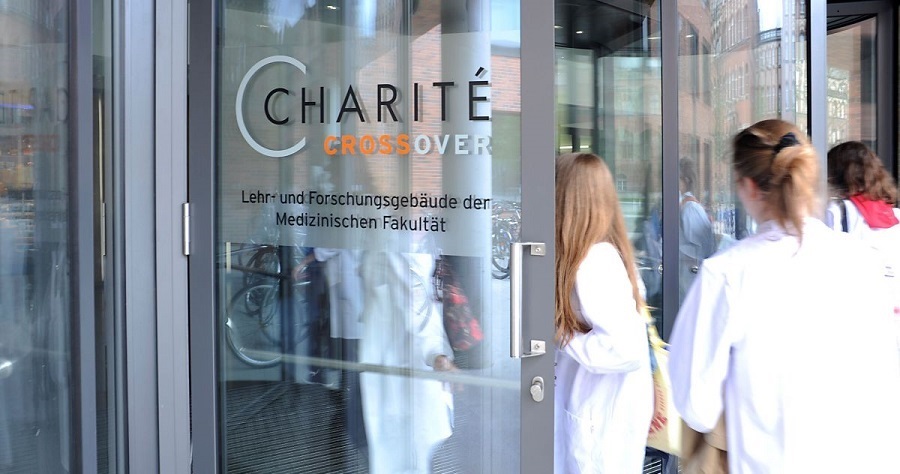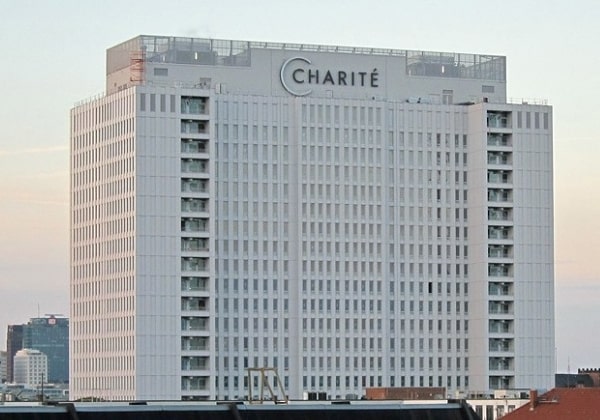Charite University Hospital
![]() Berlin, Germany
Berlin, Germany
Diagnosis of Knee synovitis
- Initial consultation with the doctor
- clinical examination
- orthopedic examination
- review of medical records
- laboratory tests:
- complete blood count
- biochemical analysis of blood
- C-reactive protein (CRP)
- procalcitonin
- hormonal analysis
- antibody analysis
- general urine analysis
- urine culture
- X-ray of knee joint
- bone scintigraphy (if indicated)
- knee joint aspiration (if indicated)
- histological and immunological analysis of the fluid
- MRI of knee joint (if indicated)
- nursing services
- consultation with orthopedic doctor
- consultation with other related specialists
- explanation of an individual treatment plan
- written prescription
Department of Musculoskeletal Surgery
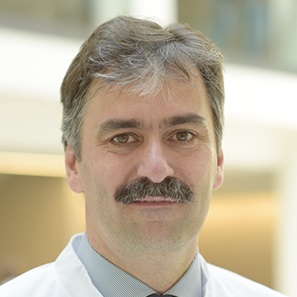
Head of the Department
Prof. Dr. Carsten Perka
The Department of Musculoskeletal Surgery (CMSC) at Charite University Hospital Berlin is one of the largest accident surgical orthopedic centers in Germany. Based at the Berlin-Mitte and Berlin-Wedding locations, it treats around 8,000 cases each year.
The Department uses the...
Read MoreAbout Charite University Hospital
Charite University Hospital is the largest university hospital in Europe. The hospital has four campuses and approximately 100 different Departments and Institutes, which make up a total of 17 different centers. The Charite University Hospital Berlin is one of Germany's most research-intensive medical institutions and for the past five years (2012 to 2017), It has been ranked by Focus as the best of over 1000 hospitals in Germany.
Having marked its 300-year anniversary in 2010, Charite now has almost 13,760 staff (or 17,500 if including its subsidiaries), and with a total annual turnover of €1.6 billion.
Annually more than 1,025,000 patients are treated in Charite University Hospital Berlin. Charite is rated as one of the best hospitals in Germany and also has high experience in the treatment and care of international patients.
The hospital work in close cooperation with Humboldt University and Freie University in Berlin to provide patients an individual and unique treatment approach based on the latest German protocols.

